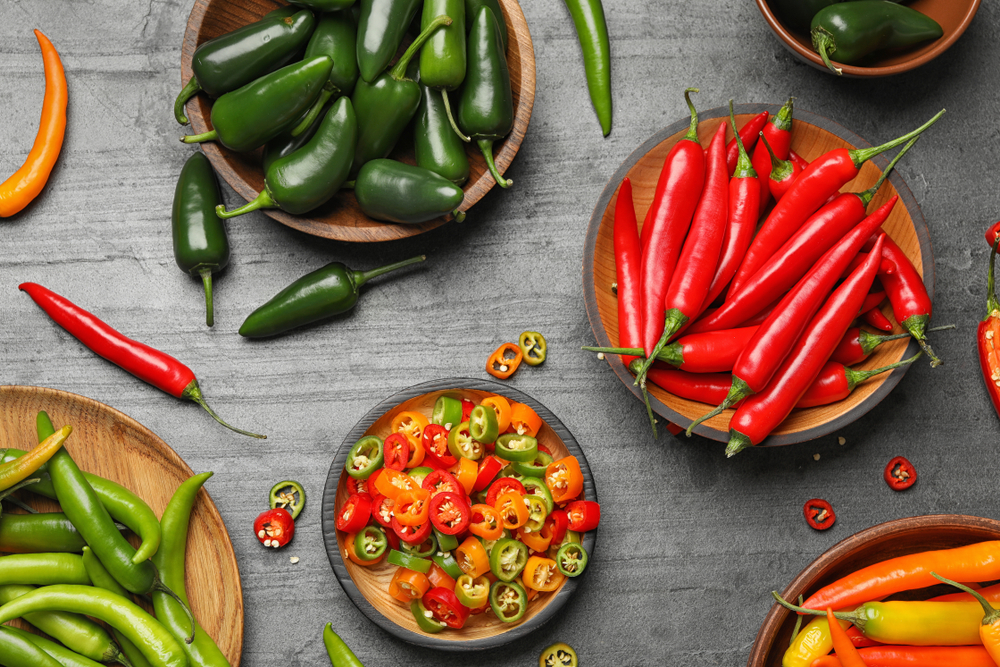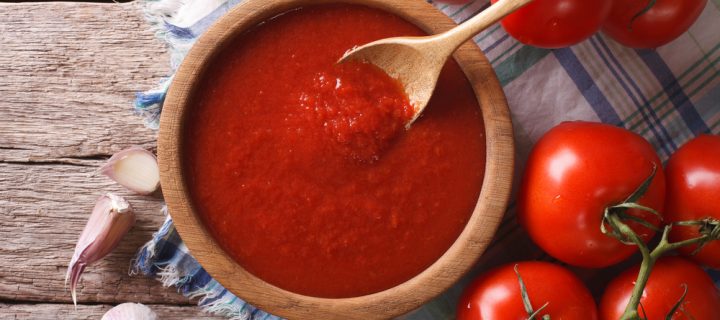If you’re living with overactive bladder (OAB), controlling your urge to urinate is tasking enough – so you don’t want to make things even more difficult by consuming foods that’ll trigger a trip to the toilet.
The following four foods act as OAB triggers; they can lead to even more urgent needs to go, which you may be unable to control. Or you could have bladder spasms or pains.
But if you can avoid those foods, you might find yourself able to relax a little more.
Spicy foods
While spicy foods add flair to any meal, they aren’t as appetizing to your bladder.

Why? The spice tends to inflame the lining of your bladder, which sets it off. Spicy food can sometimes cause bladder pain, too. If you must have spice, be sure to down it down a few notches so you can enjoy the heat in a more bladder-friendly manner.
Citrus fruits and juices
The citrus acid found in fruits and juices are a no-go for people with OAB. Acidic foods in general tend to be problematic, since the acid can lead to urine with a higher acid content. And more acidic urine sitting in the bladder can irritate it, setting off OAB symptoms like bladder spasms, having to go urgently, or even some leaking.
So avoid citrus-based products like:
- Oranges
- Lemons
- Limes
- Grapefruit
Related: 3 mental tricks to manage your overactive bladder (OAB)
Alcohol
Don’t shoot the messenger! But if you celebrate day’s end with a beer, glass of wine, martini, or other drink, you may need to reconsider your celebratory beverage. Alcoholic beverages are notorious for triggering the symptoms of overactive bladder. Alcohol can be dehydrating, which can lead to more concentrated urine, and that can be irritating to your bladder.
Tomatoes and tomato-based products
Products with tomatoes are usually quite acidic. The acid in tomatoes, marinara sauce, salsa, and similar items can irritate your bladder, leading to spasms, pain, increased need to go, and more frequent urination.
Photo Credit: New Africa/Shutterstock.com; AS Food studio/Shutterstock.com












